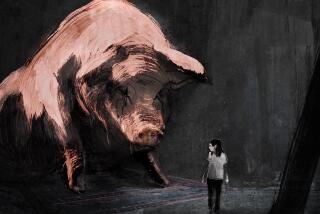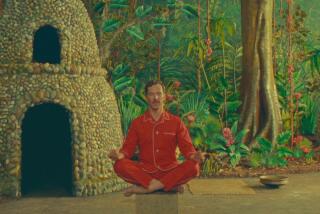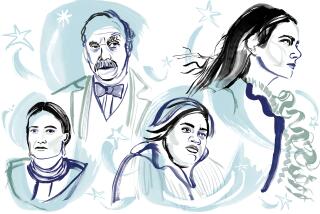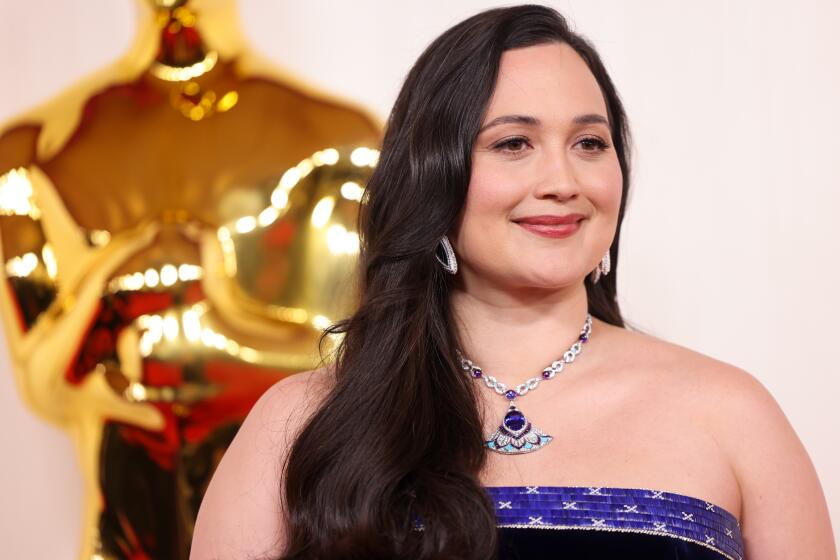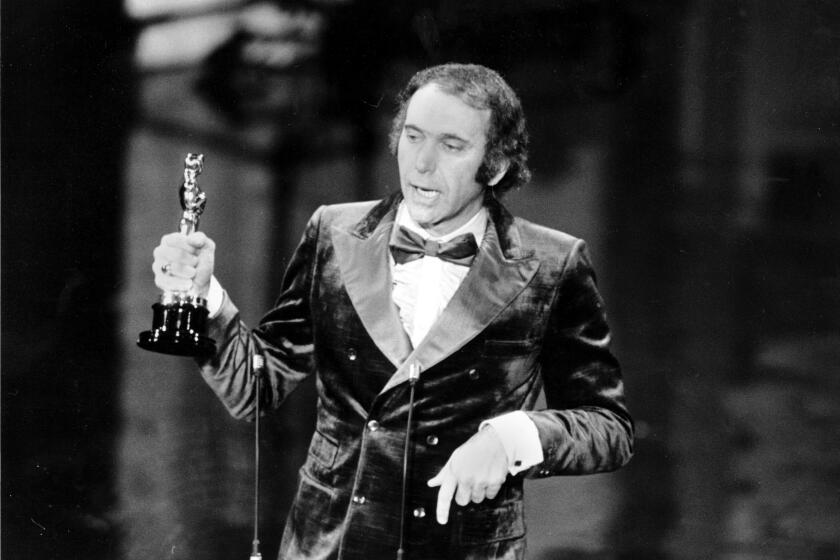Here’s which of this year’s Oscar nominated shorts are worth seeing
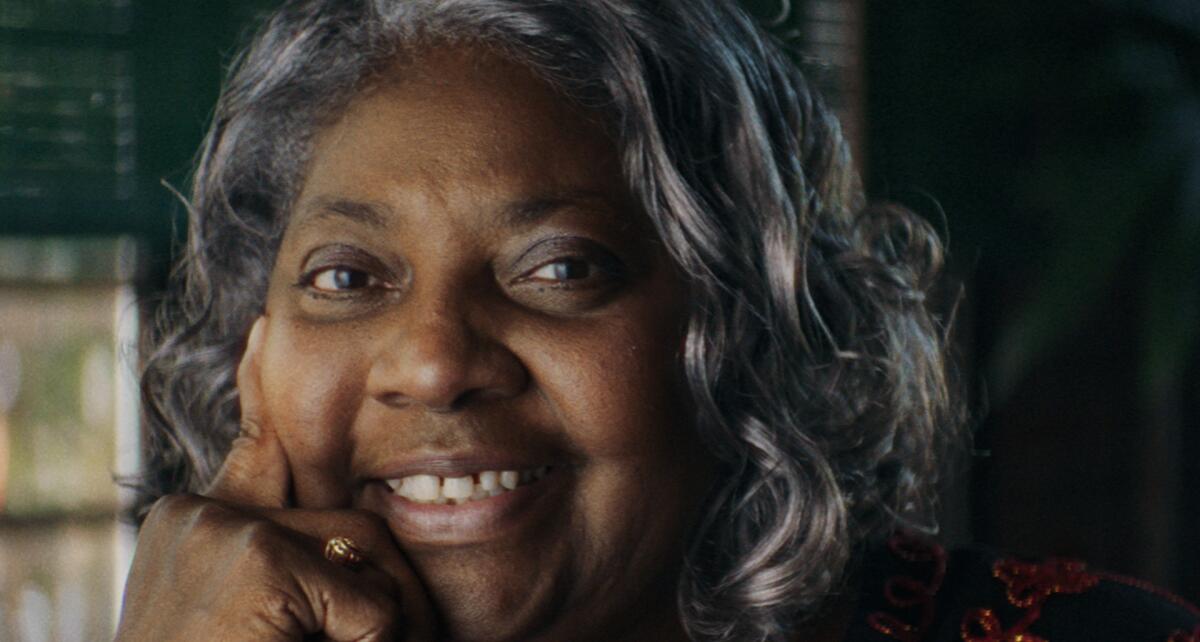
Every year it’s a given that Oscar fatigue from an aggressively hyped season can be wonderfully remedied by the pleasures of discovering the less-publicized — and usually more diverse — nominated shorts.
This year’s documentary category boasts a pair of sports-themed standouts. Ben Proudfoot’s “The Queen of Basketball” is a joyous portrait of college legend, breakthrough Olympian, and only ever female NBA draftee Lusia “Lucy” Harris, a gifted athlete without a professional league of her own. Harris died in January, but here she’s a wry chronicler of her underappreciated majesty, making “Queen” a fitting film obituary. Matt Ogens’ percussively energized, heartfelt “Audible” takes us into the tightknit huddle of high schoolers in the successful football program at the Maryland School for the Deaf, their Big Game preparation a poignant metaphor for the feelings of pride, loss and community that make them different from, but also no different than, any teenager facing an uncertain world.
For your safety
The Times is committed to reviewing theatrical film releases during the COVID-19 pandemic. Because moviegoing carries risks during this time, we remind readers to follow health and safety guidelines as outlined by the CDC and local health officials.
What the future holds, meanwhile, for young Afghan husband and father Shaista, living in a Kabul displacement camp and hoping to join his country’s army, is at the center of Elizabeth and Gulistan Mirzaei’s humanely drawn portrait of constrained options, “Three Songs for Benazir.” Looking back on a childhood choice (and seizing on a wild coincidence) is the province of veteran experimental filmmaker Jay Rosenblatt’s “When We Were Bullies,” a wonderfully intimate, collage-styled reckoning with memory, hurt and the ethics of storytelling.
The least of these is Pedro Kos’ and Jon Shenk’s gratingly slick snapshot of Los Angeles/Bay Area/Seattle homelessness, “Lead Me Home,” in which excessive, obnoxiously pretty drone shots and cloying music distance us from grasping a pressing concern.
Issues take precedence in the live-action category, too, to varying success. Maria Brendle’s blunt “Ala Kachuu — Take and Run,” set in Kyrgyzstan, depicts a young woman’s kidnapping and coerced marriage, against her wishes to go to college, as a terrifying ritual of upholding village tradition. It makes its point but has no ambition or interest in filmmaking beyond that. Conversely, Polish director Tadeusz Lysiak’s “The Dress” initially shows the chain-smoking, cynical loneliness of truck stop hotel maid Julka (a magnetic Anna Dzieduszycka) with an affecting realism, until a crudely pitying swerve undoes what had promised to be a powerful exploration of a disabled woman’s sexuality.
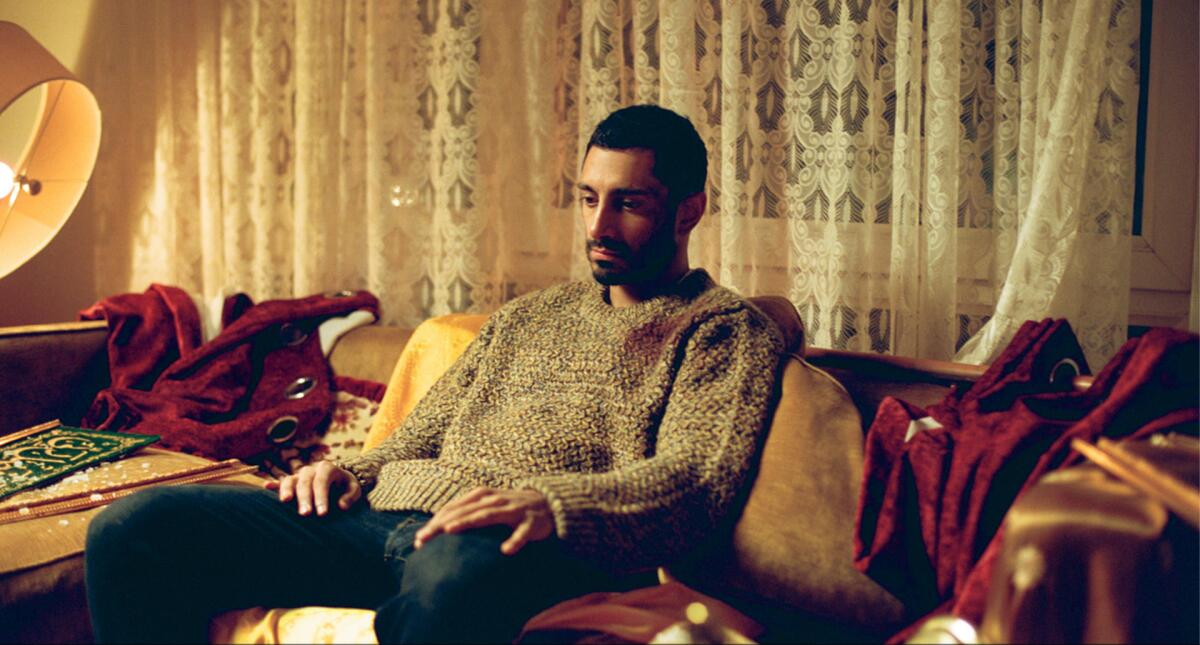
The nerviest conscience buster is Aneil Karia’s “The Long Goodbye,” a companion film to actor/rapper Riz Ahmed’s same-named album. He plays one of many members of a large British-South Asian family in a bustling house preparing for a wedding until a violent reality intrudes, leading to a wall-breaking rap about race, history and nationalism that Ahmed delivers like a frontline soliloquy. On the more “Black Mirror” end of things is KD Davila’s Kafkaesque satire “Please Hold,” which fuses our blind fascination with all things contactless, online and privatized with our inability to reform a byzantine justice system, following it to a not-too-far-off conclusion for someone like innocent Latino 20-something Mateo (Erick Lopez).
And off in its own eccentric, sentimental corner is the Danish entry “On My Mind” from previous live-action short Oscar winner Martin Strange-Hansen — it’s an uneven tale of grief, belief and daytime karaoke with maybe more heart than charm.
Of course, the feels often rule the animation category, but this is a rare year in which enchantment titan Disney/Pixar isn’t in the mix, and it’s great to see that allow for a few more adult titles that eschew adorability for, well, anything else. The one major-brand offering aimed at kiddos — three-time category winner Aardman Animation’s “Robin Robin,” from co-directors Dan Ojari and Mikey Please — feels a little storybook-generic as it weaves cute creatures, star voices (Richard E. Grant, Gillian Anderson) and childlike songs to tell the Rankin-Bass-adjacent tale of a robin raised by a family of mice. It’s perfectly pleasant.
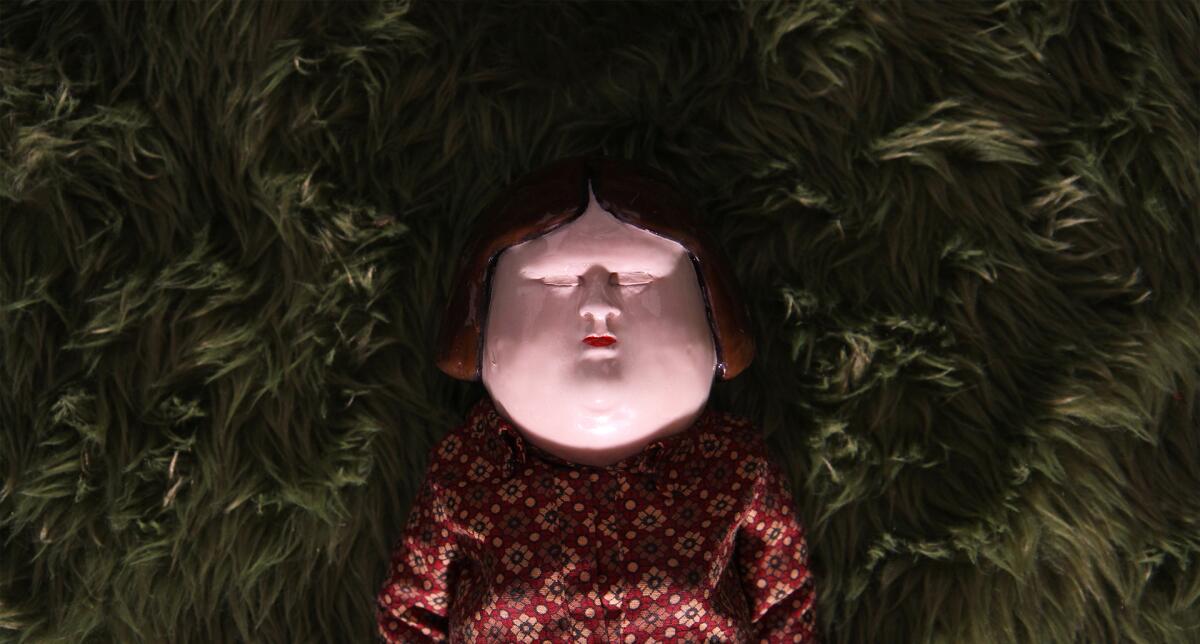
Lives marred by cruelty factor into the hand-drawn “Boxballet” and stop-motion “Bestia.” The former, from Anton Dyakov, brings together a hulking, banged-up pugilist and an up-and-coming ballerina for a wordless-but-not-soundless meeting of sensitive souls. The latter is Chilean animator Hugo Covarrubias’ slow-burning, textural glimpse — set during the country’s military dictatorship — of the corrosive duality in a policewoman’s daily life with her dog, her body and her demons. The eerie airlessness of the dollhouse-like settings and the porcelain shine on the puppets are memorably unsettling.
Influential designer/animator Alberto Mielgo, who sparked the aesthetic of “Into the Spider-Verse,” is another wizard with texture and visual depth. His meditative “The Windshield Wiper” poses the question “What is love?” to a man in a café, then seeks clues in a series of vignettes with couples around the world. Mielgo’s urbanized hybrid of the painterly and the digitized is hypnotic and its own example of an artist’s love.
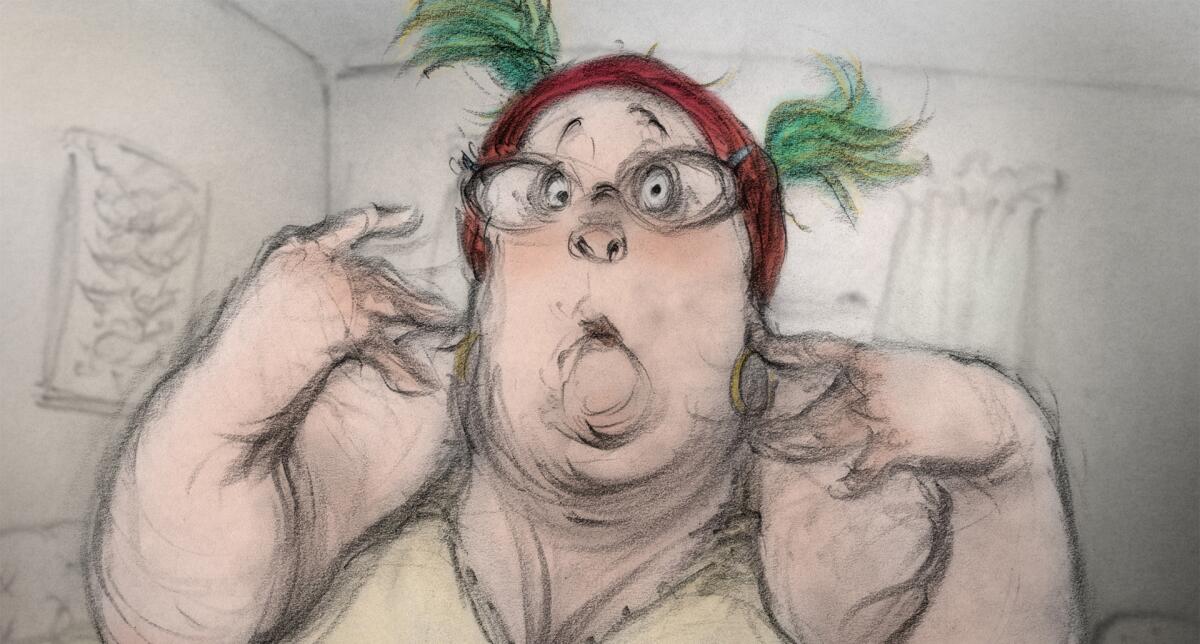
British animator Joanna Quinn’s enthusiasm for the wiggly expressiveness of traditional animation, meanwhile, makes her latest romp starring middle-aged feminist factory worker Beryl, “Affairs of the Art,” a raucous delight. (The last Beryl short was in 2006.) Now hellbent on becoming a “hyperfuturist artiste,” drawing-obsessed Beryl (voiced as ever by Menna Trussler) relays a family history of sibling rivalry, imperiled pets, morbid curiosities and eccentric tastes, while Quinn’s masterful caricatures and love of bulbous bodies in motion would make Da Vinci blush, laugh and be jealous simultaneously. Drawing becomes riotously, beautifully alive in Quinn’s vaudeville of aging and anatomy, but so does the wonderfully personal message delivered through her never-too-late-to-try heroine: There’s power in passion, whenever it strikes you in life. Don’t sell it — ahem — short.
'2022 Oscar Nominated Short Films'
Not rated
Running times: 2 hours, 1 minute (live action); 1 hour, 37 minutes (animation); 2 hours, 39 minutes (documentary)
Playing: In general release
More to Read
Only good movies
Get the Indie Focus newsletter, Mark Olsen's weekly guide to the world of cinema.
You may occasionally receive promotional content from the Los Angeles Times.
